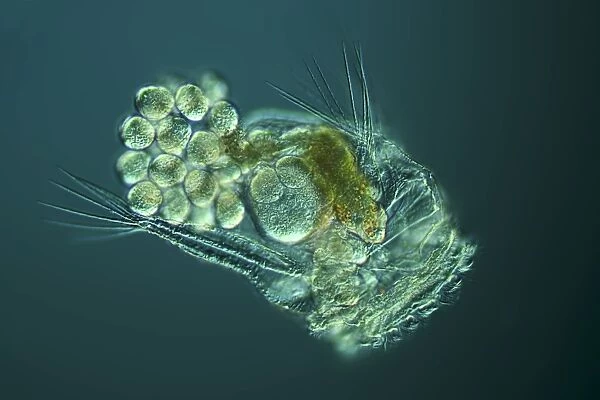Context:
New research reveals small freshwater animals ‘bdelloid rotifers’ use antibiotic recipes ‘stolen’ from bacteria to protect against infections.
More on the news:
- A collaborative study by the University of Oxford, the University of Stirling, and the Marine Biological Laboratory (MBL) sheds light on this unique defense mechanism of bdelloid rotifers.
- Bacteria, are microscopic single-celled organisms that exist in vast numbers in nearly every environment on Earth, from deep-sea vents to the human digestive tract.
- Fungi (singular: Fungus) are a kingdom of multicellular eukaryotic heterotrophs crucial for nutrient cycling in ecosystems, including yeasts, rusts, smuts, mildews, molds, and mushrooms.
Small Animals bdelloid rotifer’s genes:
- These tiny creatures, smaller than a hair’s breadth, have the astonishing ability to acquire antibiotic-resistant genes from bacteria and other microorganisms to produce their own defenses, including antibiotics and other antimicrobial substances.
- This stolen arsenal allows them to defend themselves against fungal infections.
- This type of defense mechanism is not observed in other animals.
Evolution of Microbial Genes in Rotifers
- The acquired genes have been cleverly adapted by the rotifers over time. Researchers believe these genes have evolved to produce novel antimicrobials, potentially offering advantages over traditional antibiotics derived from fungi and bacteria.
- These rotifer-produced antimicrobials may exhibit lower toxicity towards animals, including humans.
Upregulation of Genes Against Fungal Pathogens
- The study observed a significant upregulation of horizontally acquired genes when rotifers were challenged with fungal pathogens.
- The genes most prominently overrepresented were those resembling bacterial polyketide and nonribosomal peptide synthetases, known for antibiotic production.
- The upregulation in pathogen-resistant rotifer species was nearly ten times stronger than in susceptible species.
Significance of the new finding
Potential for Safer Drug Development
- The study suggests that rotifers, which produce antibiotics naturally, could provide valuable insights for developing safer drugs for human infections.
- Unlike antibiotics from fungi and bacteria, which can be toxic or have side effects, rotifer-produced chemicals may lead to treatments that are safer for animals and humans.

